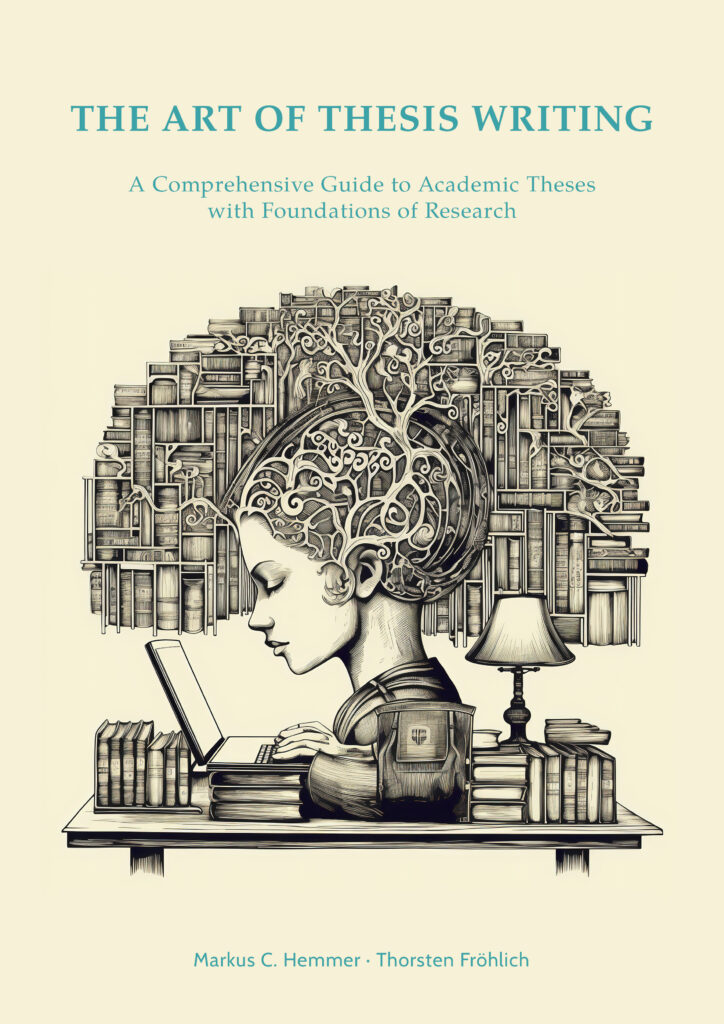The thesis statement is the core of any scholarly writing, whether a bachelor thesis, master thesis, doctorate thesis, or capstone project. It is a concise summary of the main point or claim of the essay or research paper and is, arguably, the most critical component of any academic composition.
In a bachelor thesis, the thesis statement acts as a declaration of the student’s position on a topic, which they will support or prove throughout the rest of their work. For example, a thesis statement in a bachelor’s thesis might be, “The proliferation of online learning platforms has significantly democratized access to education, as evidenced by the increase in remote learning opportunities across socio-economic boundaries.”
Moving on to a master thesis, the thesis statement becomes more than just a position—it must hint at the study’s implication. It’s expected to reflect a deeper understanding and a clear direction for the research. A master’s thesis statement might read, “The integration of artificial intelligence in digital marketing strategies presents a paradigm shift in consumer analytics, one that promises both heightened efficiency and novel ethical challenges.”
For a doctorate thesis, the stakes are higher. Here, a thesis statement not only summarizes the central idea but also embeds the contribution the research makes to the field. It is a hypothesis that the doctoral candidate sets out to prove or disprove, often through rigorous analysis and extensive research. A doctoral thesis statement could be, “The adaptation of cognitive-behavioural therapy techniques to virtual reality environments offers a viable augmentation to traditional treatment modalities for anxiety disorders.”
In capstone projects, the thesis statement outlines the project’s purpose and sometimes its context within the community or field. For instance, a capstone project might assert, “Developing a sustainable urban farming model within metropolitan areas addresses both food insecurity and environmental degradation by leveraging unused vertical spaces.”
The thesis statement is not just a sentence but a commitment to a logical argument and a roadmap for the reader. It informs them of the direction the thesis will take, the stance the author is taking, and what the reader can expect to be discussed within the paper. It is a litmus test for the coherence and relevance of all that follows; every argument made, every piece of evidence presented, and every conclusion drawn must, in some way, be a reflection of this central claim.
A well-crafted thesis statement is significant as it provides clarity not only to the reader but also to the writer. It serves as a constant reminder of the goal of the writing, helping to keep the narrative focused and on track. Without a strong thesis statement, the arguments may wander, the research may seem disjointed, and the overall coherence of the work can be compromised.
In essence, the thesis statement is not only a statement of intent but also a promise of fulfilment. It makes an academic composition not just a collection of facts and opinions but a pointed, purposeful conversation that advances understanding within its field.
Learn how to deal with the Thesis Statement from the book
The Art of Thesis Writing

